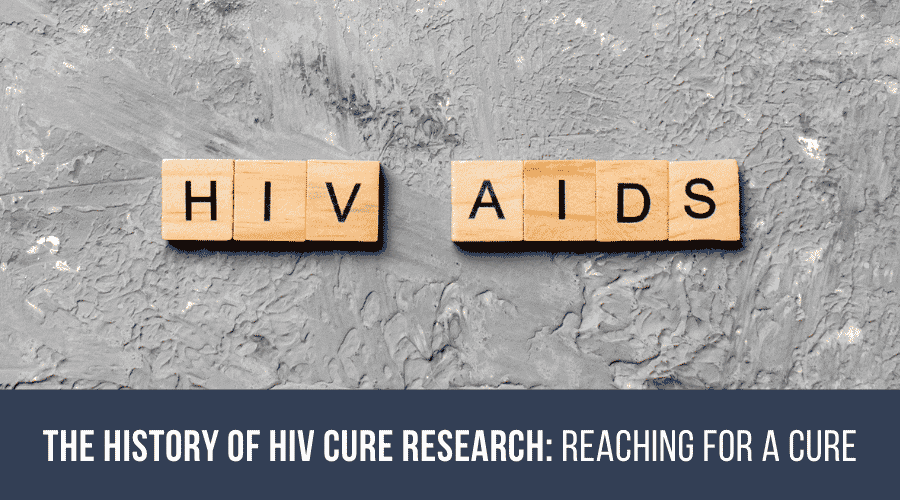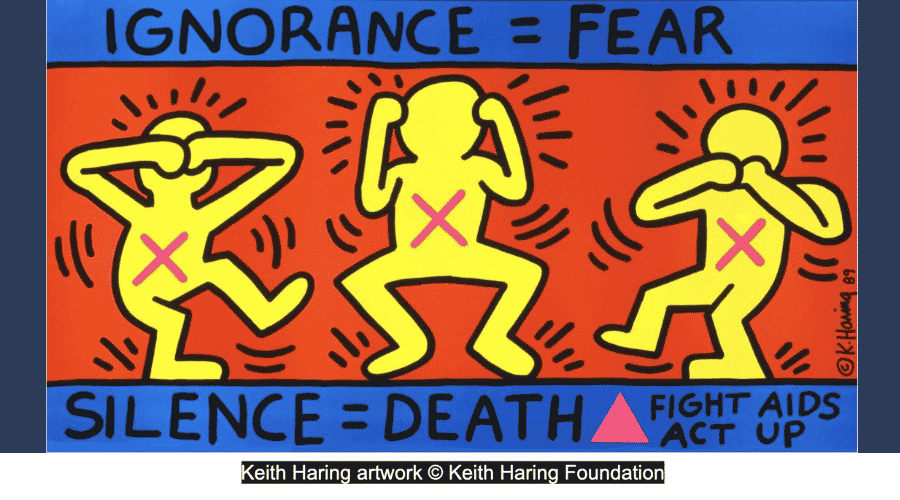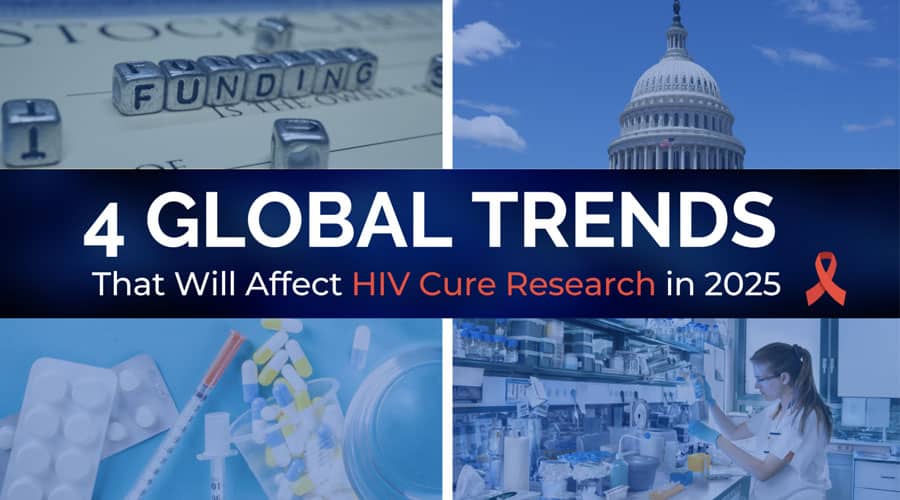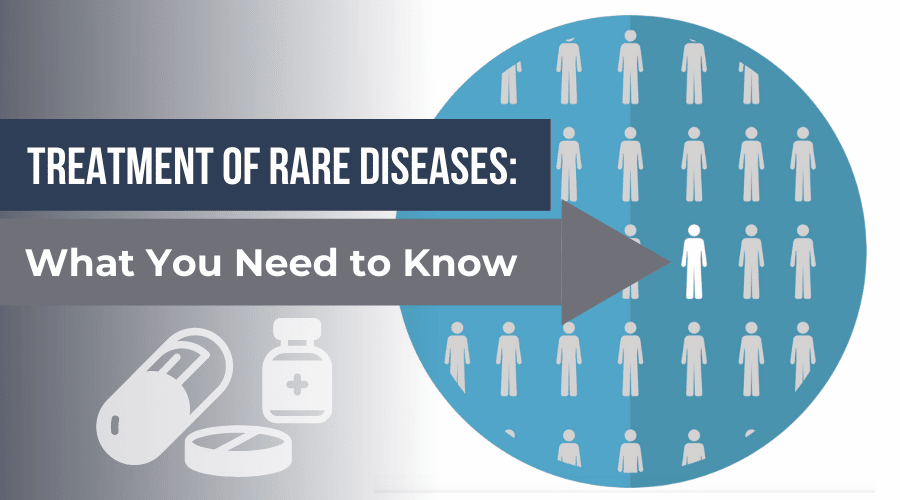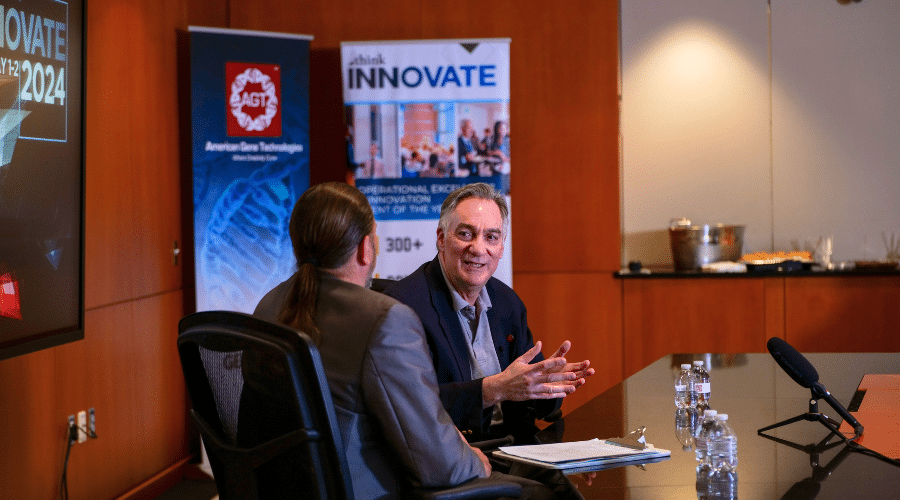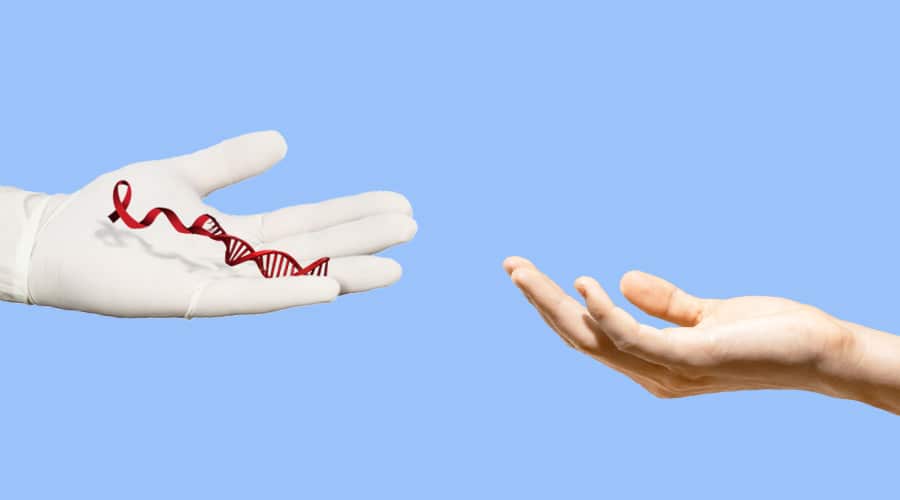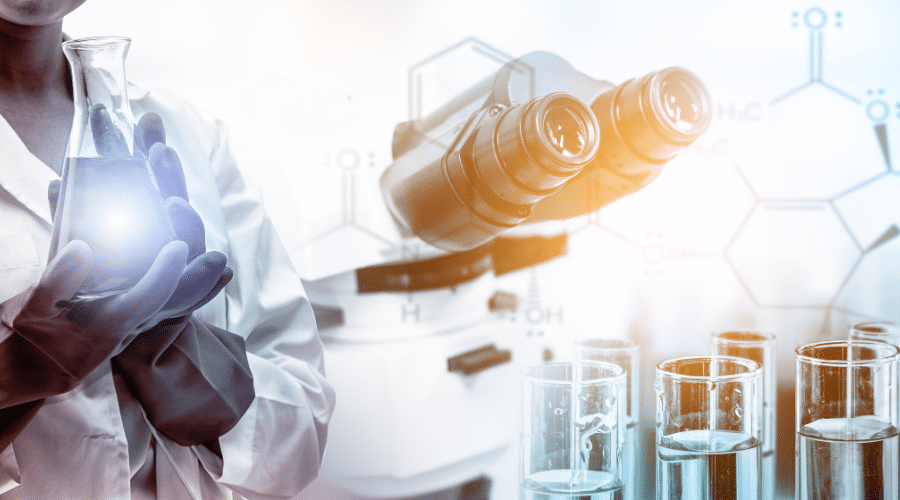Rare Disease Moms Make Their Voices Heard | Three Inspirational Stories
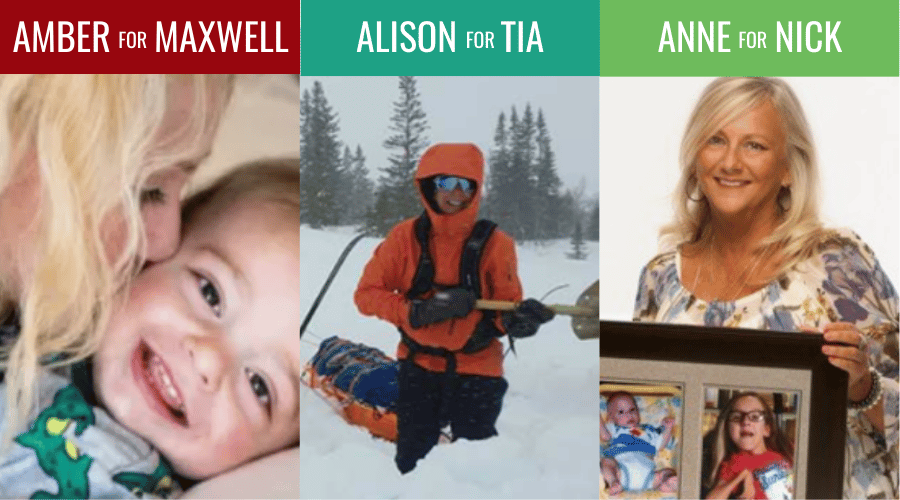
Contributing Author: Gina Hagler
There are 7,000 known rare diseases in the world. Each of them affects less than 1% of the global population, although ultra-rare diseases affect fewer still. The majority of rare and ultra-rare diseases are monogenic in nature, meaning they are caused by an error in a single gene. Years ago, a rare disease diagnosis left parents with their worst fears realized and little that could be done. Today, genomic testing can pinpoint the exact location of the genetic error, while gene therapy presents the possibility of therapy for the specific disorder - therapy that may prove to be a cure. Even with genetic testing and gene therapy though, it is not a “done deal” that a child will receive gene therapy after diagnosis. The three “Rare Moms” included here are some of the many who are pushing hard for the development of treatments for their children and others like them.
1 – Amber for Maxwell | SLC-6A1
Amber Freed’s son, Maxwell, was just a few months old when Amber realized he was not progressing at the same rate as his twin sister, Riley. As is common, it took several months before she began her diagnostic odyssey, going from specialist to specialist in search of a diagnosis. Her path ultimately led her to a geneticist who would analyze Maxwell’s genome to discover the cause of his disorder. Four months later, she had the answer: SLC-6A1. This was the location of the mutated gene. The disease itself was so rare it had no name.
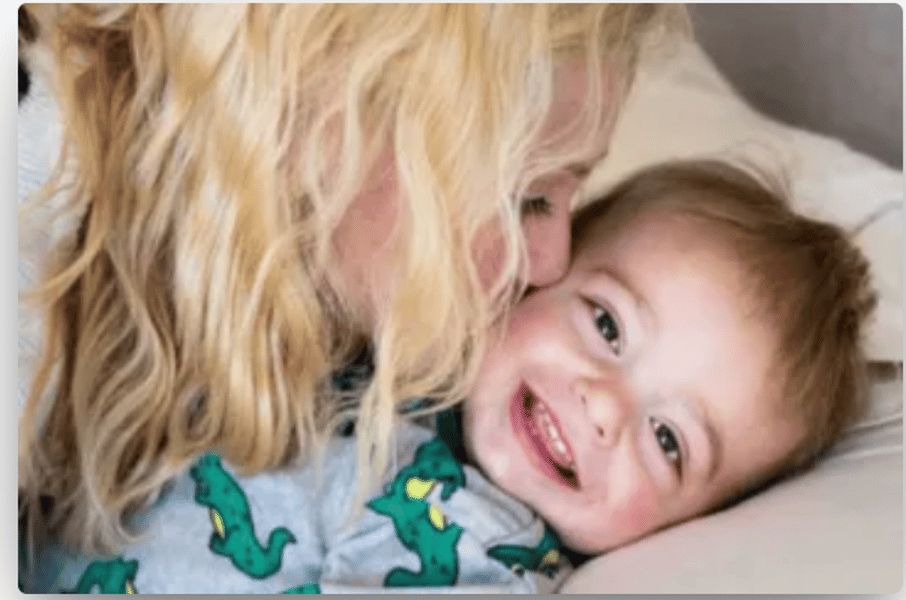
Amber’s efforts to find a researcher familiar with the disorder, raise funds for the necessary studies, organize a clinical trial, and more for Maxwell led her to found SLC-6A1 Connect. This nonprofit serves as a source of news, support, and fundraising for the millions of dollars needed to cure her son and others who are diagnosed with SLC-6A1. Amber says of the money required, “Like any new technology, the cost is astronomical today but will decline as the process becomes more automated. However, Maxwell does not have the luxury of time, so the money needs to be raised now.” Every day, she works to raise awareness and funds to continue research to help Maxwell and others like him.
2 – Alison for Tia | Crossing Norway PKU
Alison Reynold's daughter, Tia, was two days old when Alison received a call that changed their lives. Tia’s routine infant screening panel revealed she had phenylketonuria (PKU), a rare metabolic disease. This rare disorder results in severe intellectual disability unless a very strict dietary regimen is followed - for life. Since this dietary regime was created and tested by Dr. Asbjørn Følling in Norway more than 80 years ago, it has been the only proven expedient for those with PKU. In her teens now, Tia has begun taking a new medication called Palynziq to lower the levels of Phe (phenylalanine) in her blood to help to prevent it from building to unhealthy levels. Since Palynzig came on the market in 2018, it will take some time before its long-term effect is apparent.
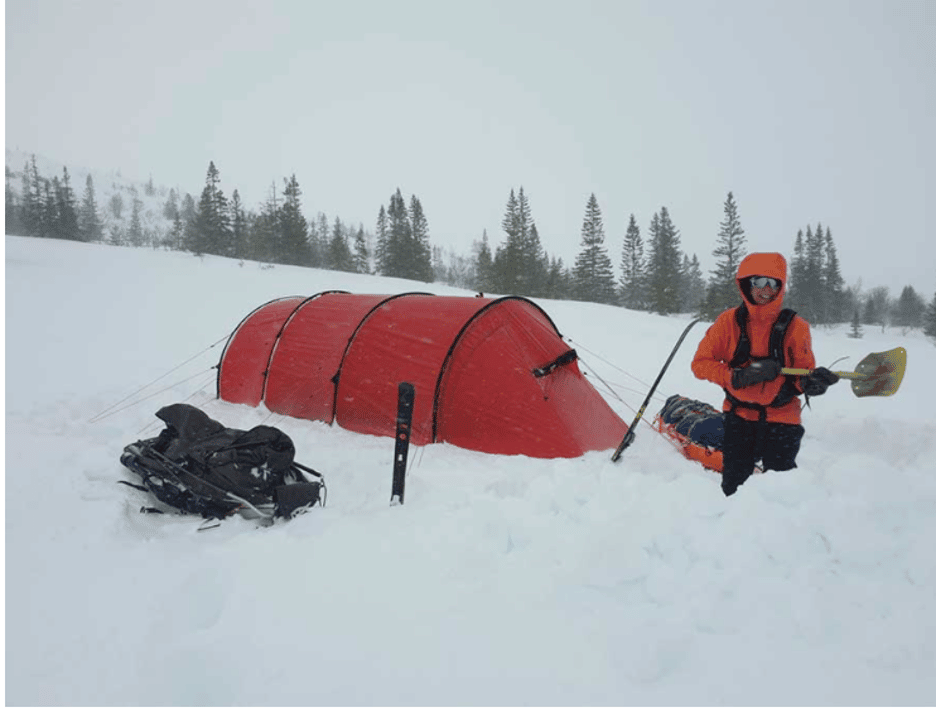
Alison Reynolds on Crossing Norway for a Cure: A Lifting The Limits for PKU Trek in Feb 2020
In 2019, Alison decided that more was needed to raise awareness about PKU and celebrate the work of Dr. Følling. After months of training and preparation, this Washington, D.C. mother of four, began her Crossing Norway for a Cure trek along the 125-mile Norway/Sweden border, just south of the Arctic Circle. Her cross-country trip included nine-hour days of trekking for nine days, hauling her equipment on an 80-pound pulk sled by day, and sleeping in a tent on the snow at night. Alison and her guide, Elise Koren, finished their trek on Feb 29, 2020, having raised $1.7 million for PKU awareness. Alison is hoping a cure will be discovered during Tia’s lifetime. In a 2019 interview with Washingtonian magazine, Alison said, “It’s a hard road. Every morning you’re reminded of the quest you’re on. We’re on a mission, and I think we’ll get there.”
3 – Anne for Nick | Partners for Krabbe Research
Anne Rugari’s second son, Nick, was diagnosed with Krabbe disease, a rare genetic disorder that attacks the myelin-protecting nerve cells in the brain and nervous system when he was seven months old. Without treatment for his stage of illness, Nick died just three days after his first birthday. When Anne was unexpectedly pregnant with her second child, she knew that early diagnosis was essential. With a diagnosis in hand before symptoms began, her daughter, Gina, received chemotherapy drugs before she was four months old so that she could get an experimental cord blood transplant. Gina is one of four infants in the world with Krabbe disease to receive a transplant as an infant. She lived for fourteen years longer than Nick. Many doctors and researchers studied and monitored her progress for insight into future treatments for Krabbe disease.

Anne Rugari’s message for families living with Krabbe disease: “There is HOPE!”
Anne founded Partners for Krabbe Research and is the co-founder and Vice President of KrabbeConnect. She shares her experience with others and has written two books for kids. In addition to donating Gina’s brain and tissue to the University of Pittsburgh Medical Center, she works with those searching for a cure. Anne says, “I have been given the opportunity to work with researchers, clinicians, scientists, and families through the 33 years since my son Nick was diagnosed.” She added that her goal is “to be a voice as an advocate for those affected by Krabbe disease by making a difference through education, research, and awareness.”
Takeaway
Amber Freed, Alison Reynolds, and Anne Rugari each took action in response to the rare disease diagnoses of their children. Establishing an organization, building awareness, and raising funds for rare diseases are the ways they chose to help their children and others like them. By putting a face to a little-known disorder, they are encouraging those outside the rare disease community to support the development of treatments for those with rare and ultra-rare diseases. They are also spotlighting the need for continued investment, government support, and the support of those like AGT in the biotech community to find cures or treatments that will help those with rare and ultra-rare diseases.
Want to help?
Support these moms:
- Amber Freed - SLC-6A1/Milestones for Maxwell
- Alison Reynolds - PKU/NPKUA
- Anne Rugari - Krabbe/Partners for Krabbe Research
Learn more about rare diseases:
- NORD (National Organization for Rare Disorders)
This article was sponsored by American Gene Technologies:
American Gene Technologies is dedicated to the pursuit of cures and treatments for infectious diseases, cancers, and monogenic disorders. AGT’s drug development platform allows it to pursue therapies for large and orphan indications and complex diseases. The company has developed individual, intellectual property-protected gene therapeutics that are breakthroughs in medicine.
AGT’s pipeline includes Phenylketonuria (PKU), one of the most common monogenic rare diseases with an annual incidence in the United States of approximately 1 case among 13,500 live births.
PKU is caused by loss of function mutations in the gene Pah that encodes the enzyme phenylalanine hydroxylase (PAH). The loss of PAH function leads to excess accumulation of the amino acid phenylalanine (Phe), which reaches toxic levels in blood without strict dietary control. AGT is targeting PKU with a therapeutic strategy based on proprietary lentivirus vectors for modifying the liver to restore normal PAH activity and reduce Phe levels. The general nature and efficiency of lentivirus vectors plus unique features of its proprietary modifications are particularly suitable for permanent correction of PKU after a single therapeutic dose. The estimated North American and European markets for PKU treatments including medical food and supplements, exceeding $1 billion annually, could be replaced with AGT’s lentivirus vector gene therapy.
How AGT's PKU treatment works:
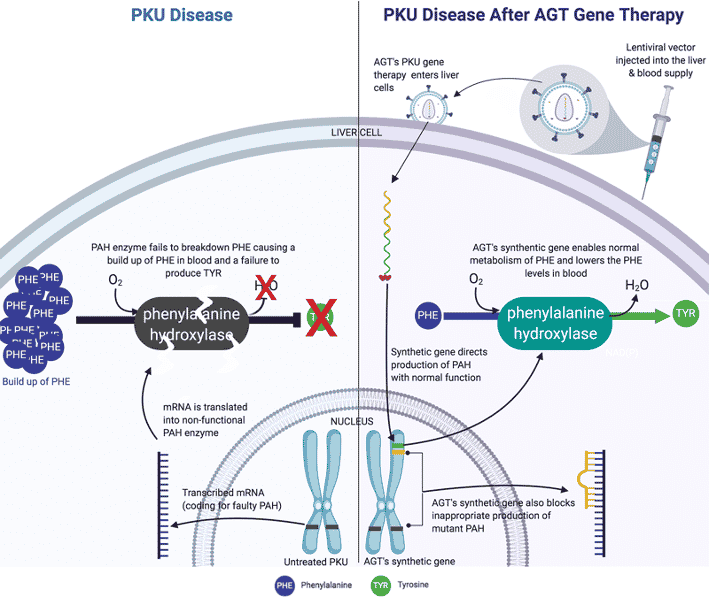
Source: AGT

